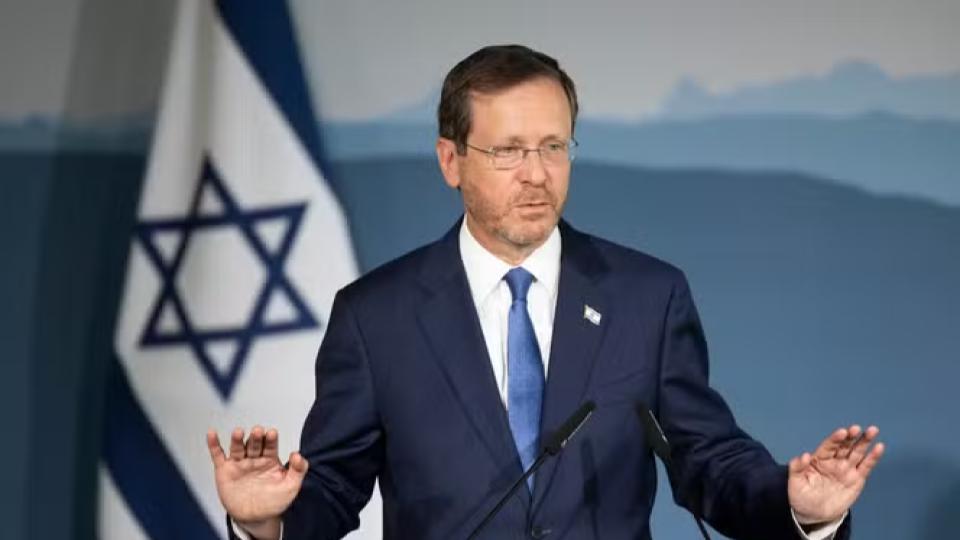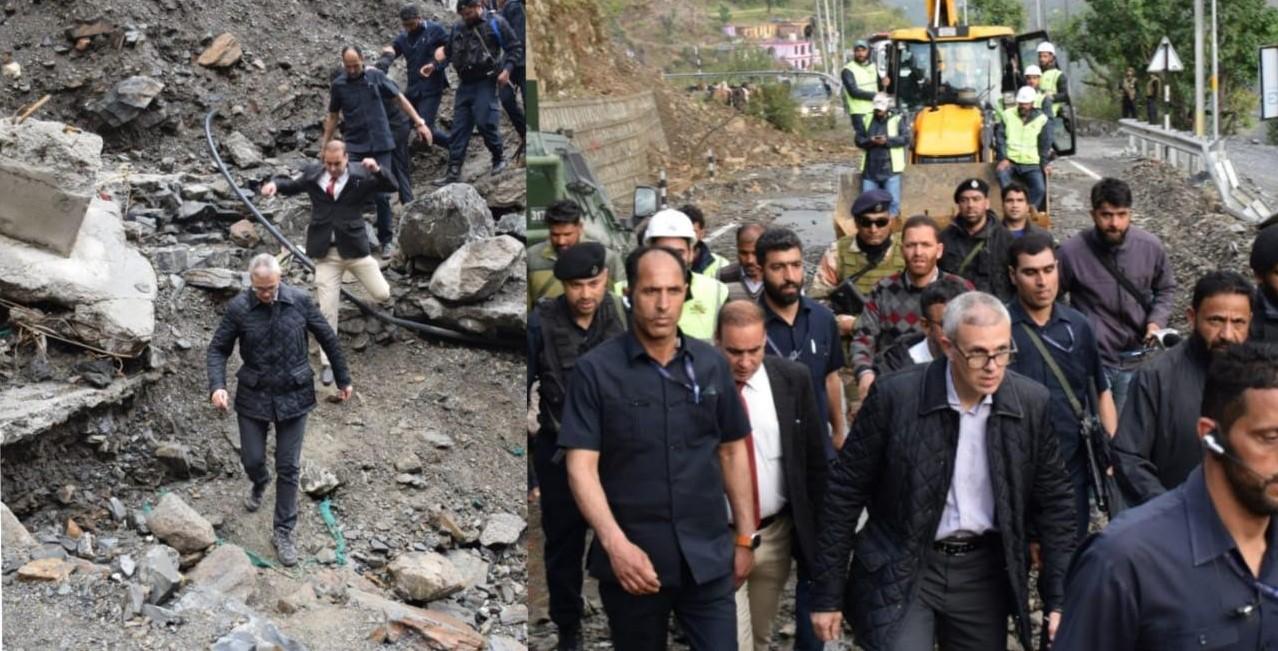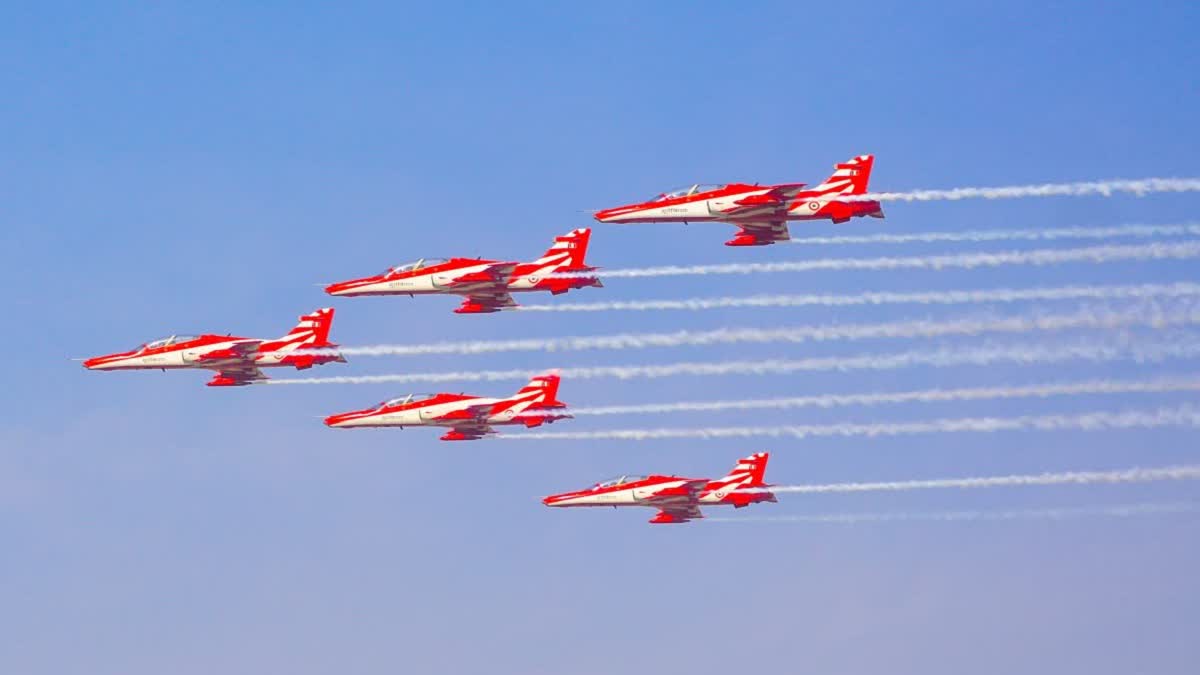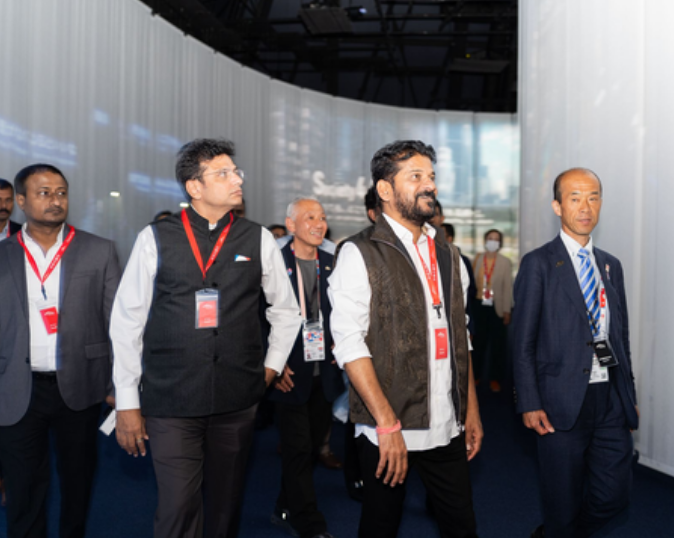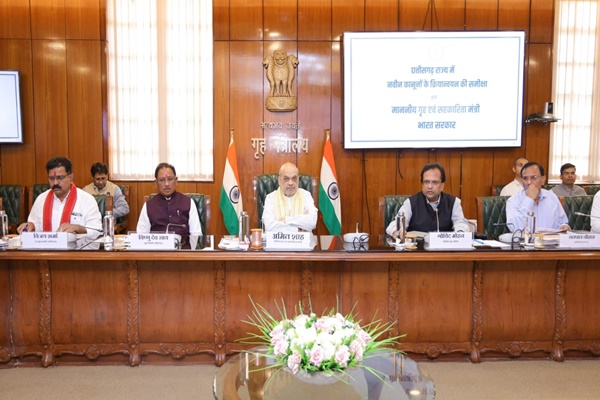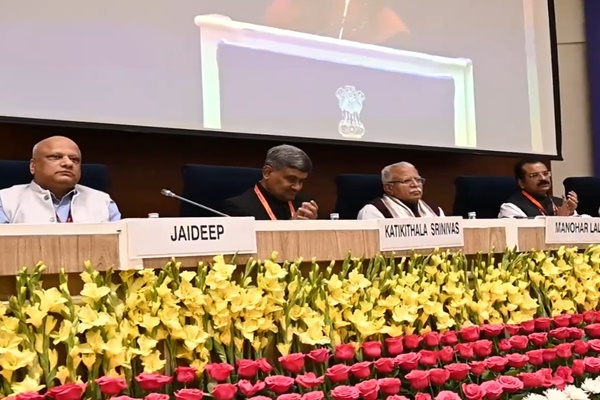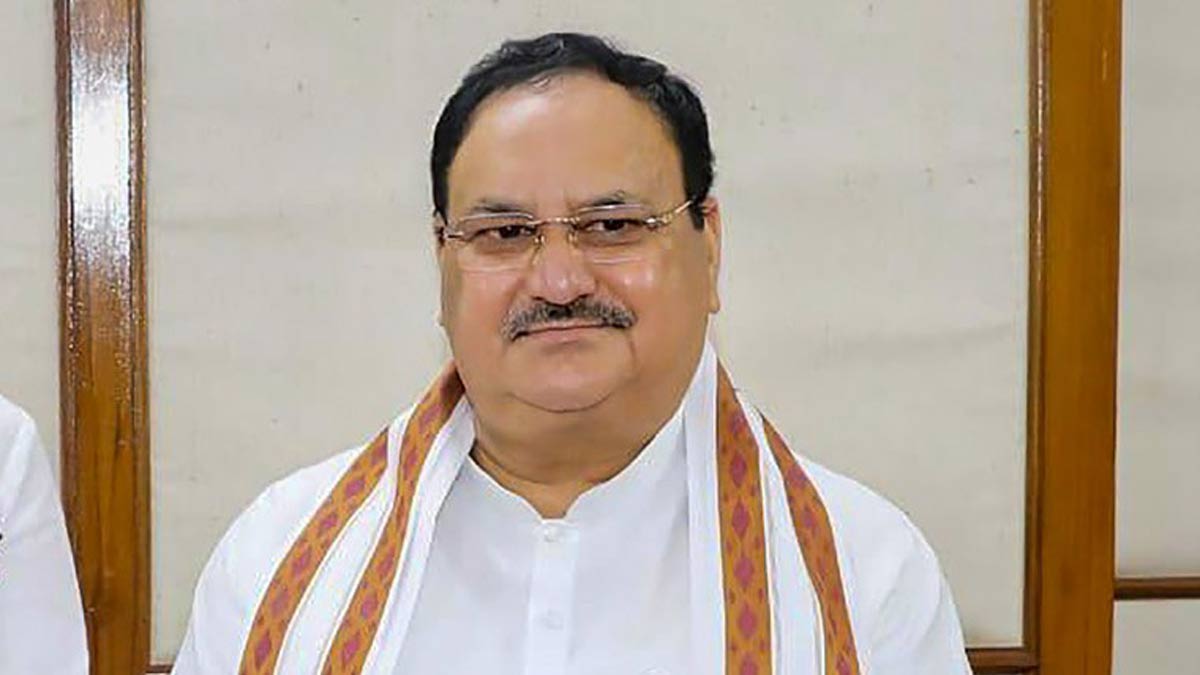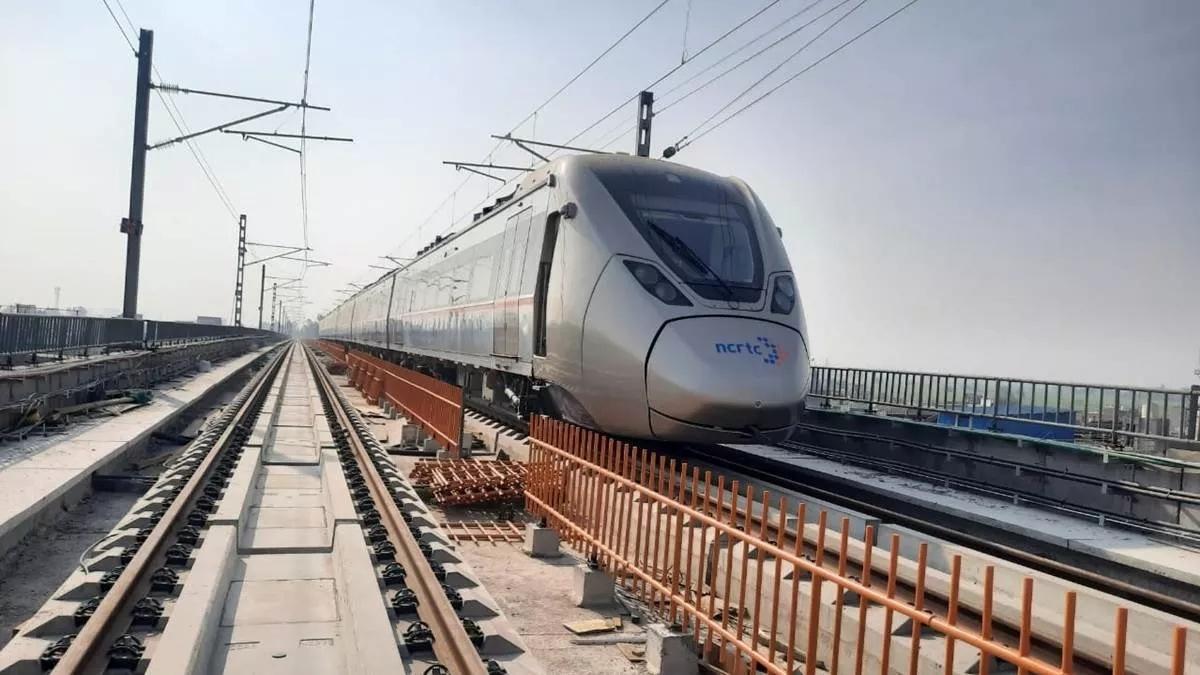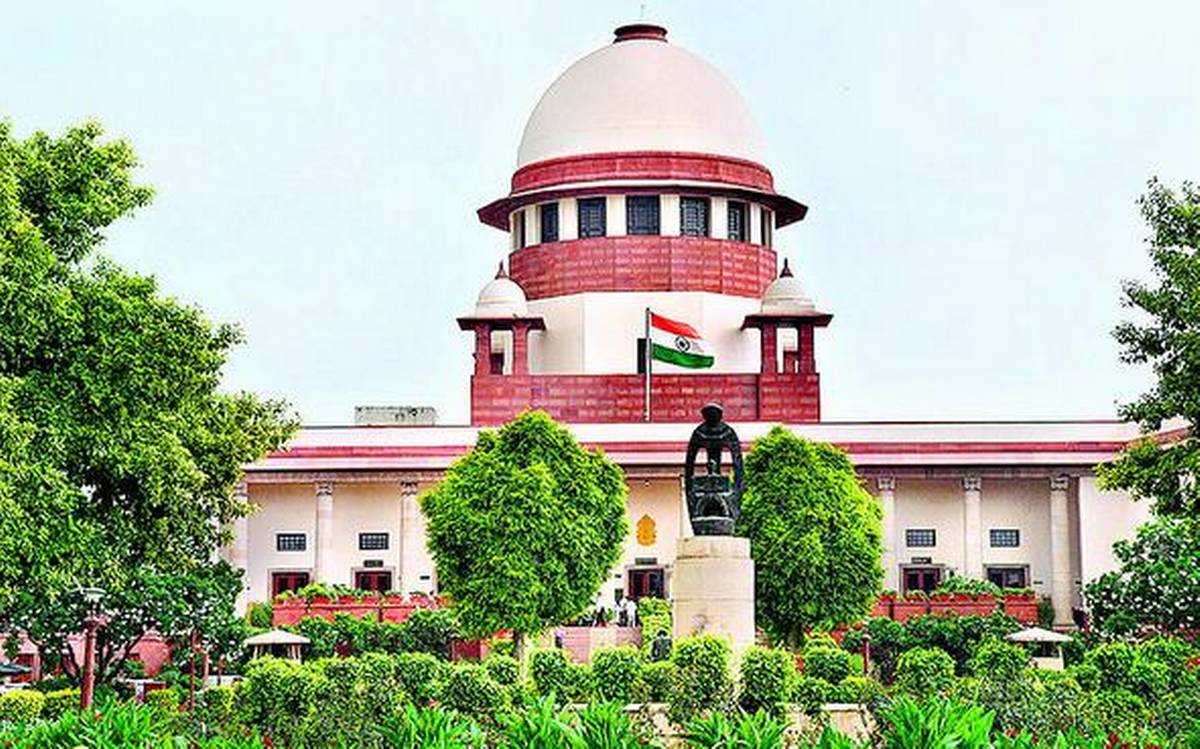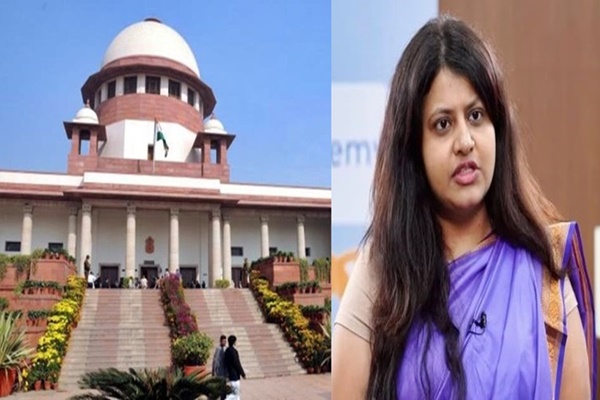Venezuela state oil company gave cash to Trump inauguration
Fri 21 Apr 2017, 10:00:21
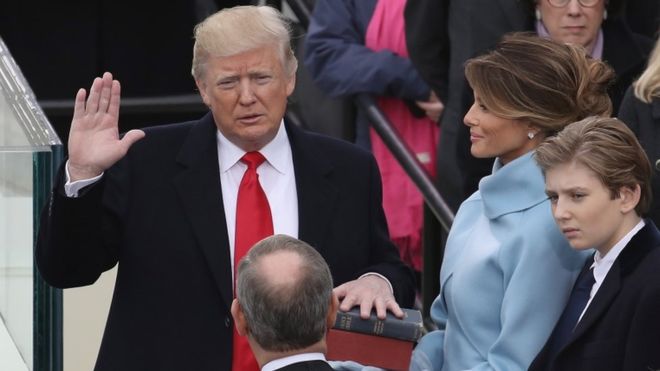
Venezuela has donated $500,000 to US President Donald Trump's inauguration, newly released records show.
Citgo Petroleum, a US-based subsidiary of the Venezuelan state-owned oil company, is named in papers filed with the Federal Election Commission.
The revelation comes as the Venezuelan economy appears to be crippled by food shortages, violent crime and inflation.
Three people were killed in protests on Wednesday as tens of thousands took to the streets to demand new elections
Other major corporations named in the documents include Pepsi and Walmart, which gave $250,000 and $150,000 respectively, while owners of NFL teams or their companies gave more than $5m.
Business as usual - Analysis by Luis Fajardo, BBC Mundo
Venezuela is in the middle of a major economic crisis, which has the oil-rich country flirting with hyperinflation.
This Wednesday, street protests demanding the resignation of President Nicolas Maduro resulted in at least two persons shot dead.
In this chaotic context, it is perhaps less surprising that Venezuelan media did not seem to dedicate much time to cover
the news that their government gave, through a state-owned oil company, a US$500,000 contribution to Donald Trump's inauguration.
the news that their government gave, through a state-owned oil company, a US$500,000 contribution to Donald Trump's inauguration.
Still, some analysts in Venezuela are expressing anger at the news.
"We have been experiencing four consecutive years of recession, we have the highest inflation in the world and are facing scarcity in many basic goods. It is scandalous that Venezuela, facing such a crisis, would make those donations to the inauguration of a US president, who at least in theory, is ideologically confronted with the revolution," Jose Manuel Puente, a professor of public policy at IESA university in Caracas, tells the BBC.
The payment was reportedly made through Citgo, a US subsidiary of Venezuelan state-owned oil company PDVSA.
It is not the first time Citgo has been involved in politically controversial activities in the US. President Maduro's predecessor, Hugo Chavez, used the company a few years ago to provide subsidised fuel to low-income citizens in several major US cities.
His critics said then it was a propaganda ploy designed to annoy his ideological rivals at the White House.
No Comments For This Post, Be first to write a Comment.
Most viewed from International
Most viewed from World
AIMIM News
Latest Urdu News
Most Viewed
May 26, 2020
Do you think Canada-India relations will improve under New PM Mark Carney?
Latest Videos View All
Like Us
Home
About Us
Advertise With Us
All Polls
Epaper Archives
Privacy Policy
Contact Us
Download Etemaad App
© 2025 Etemaad Daily News, All Rights Reserved.

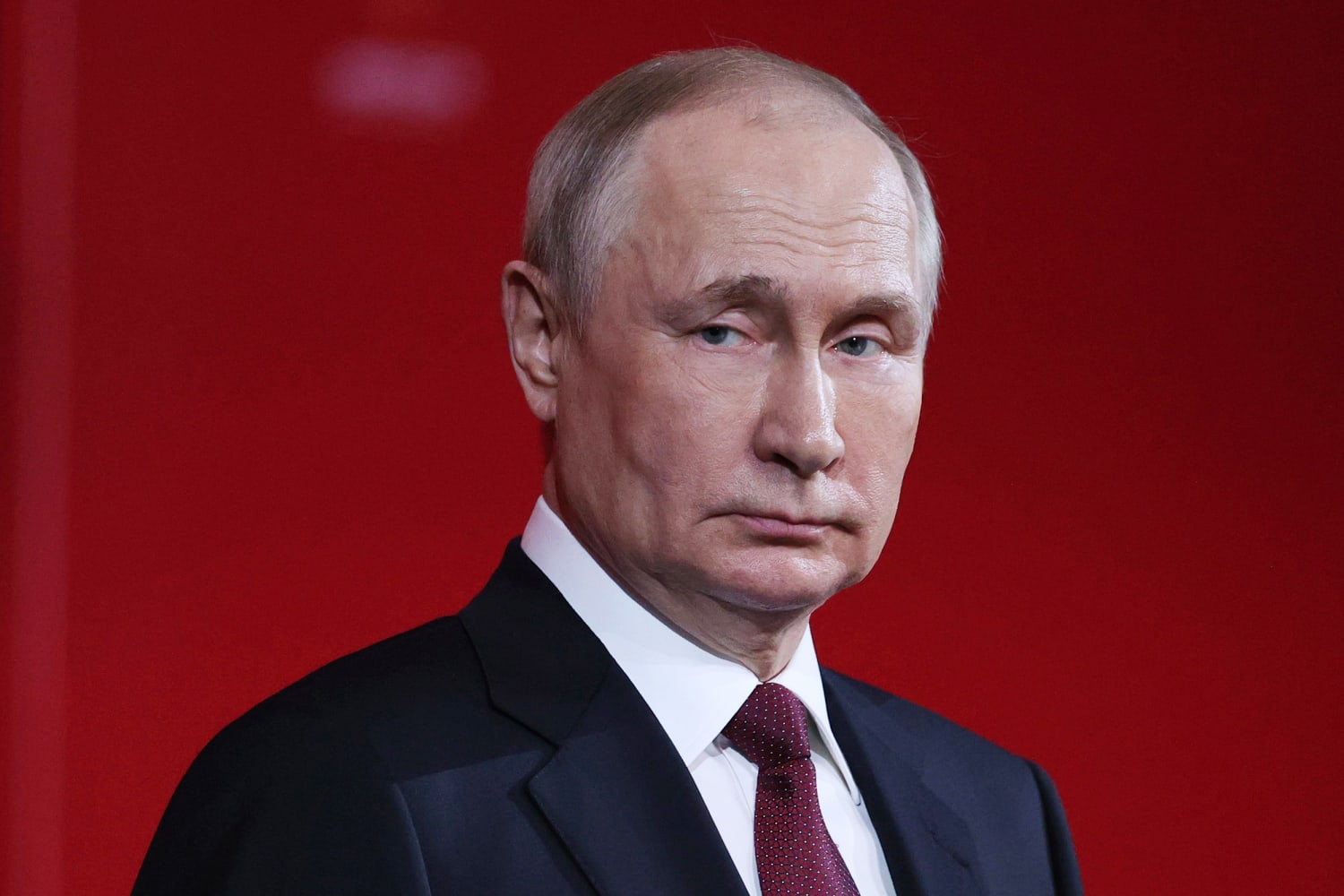
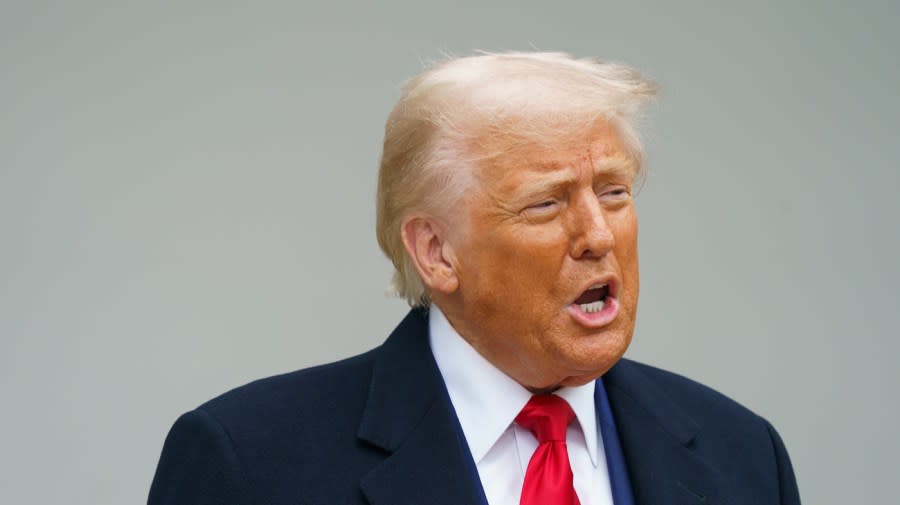
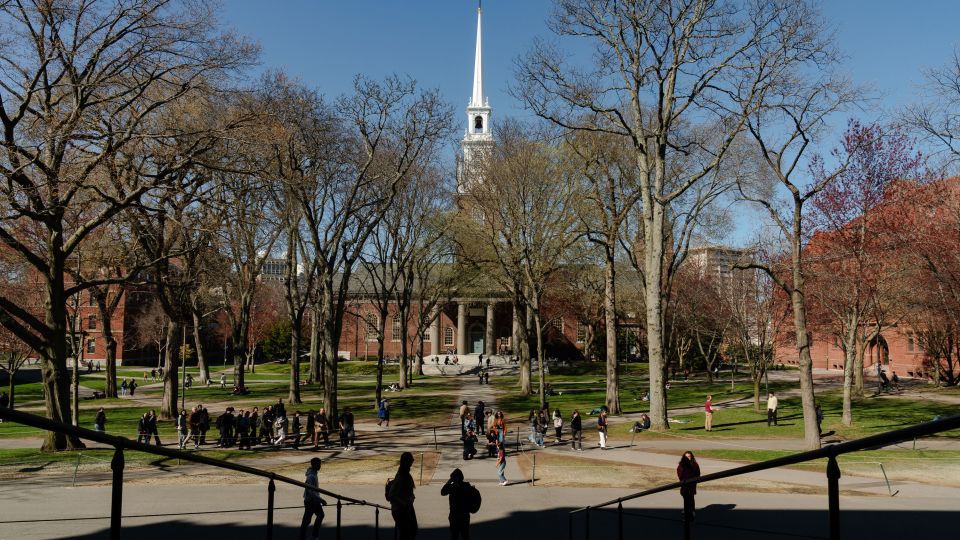
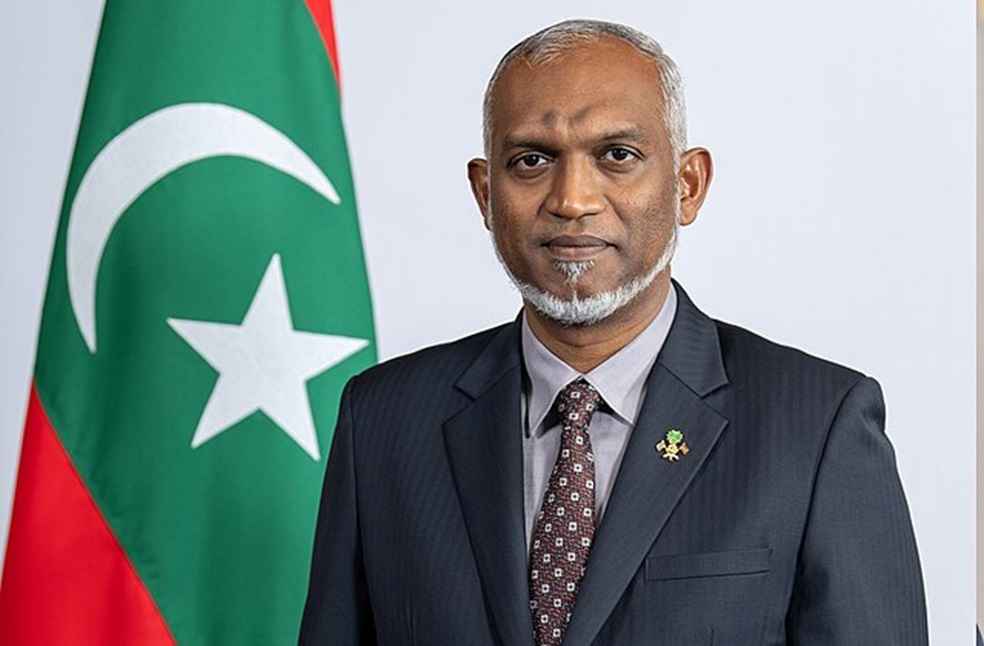
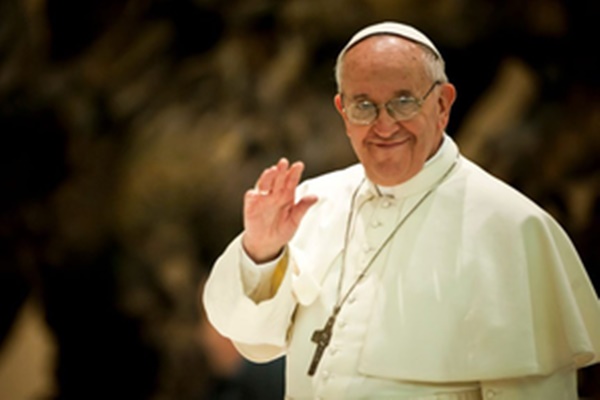
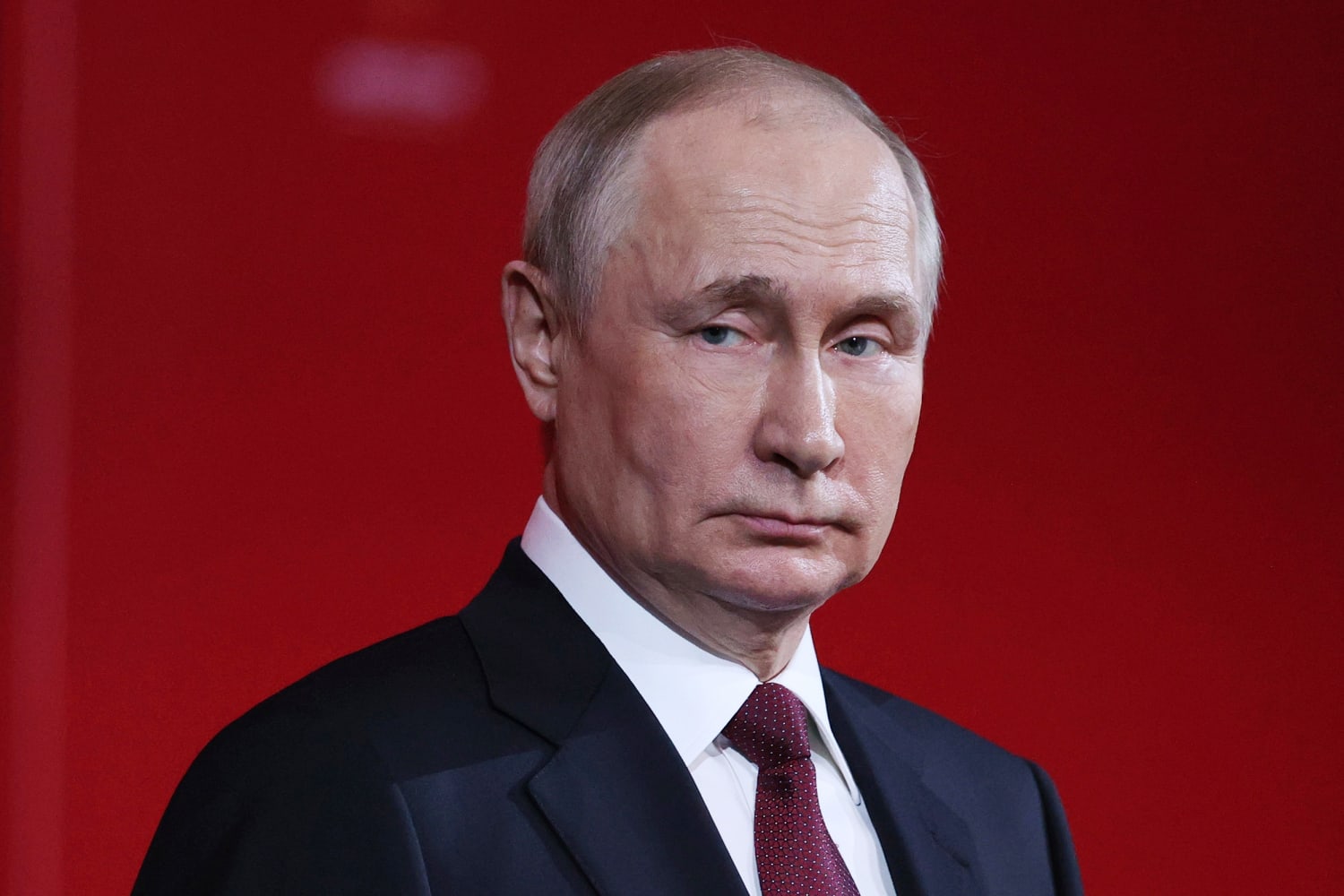

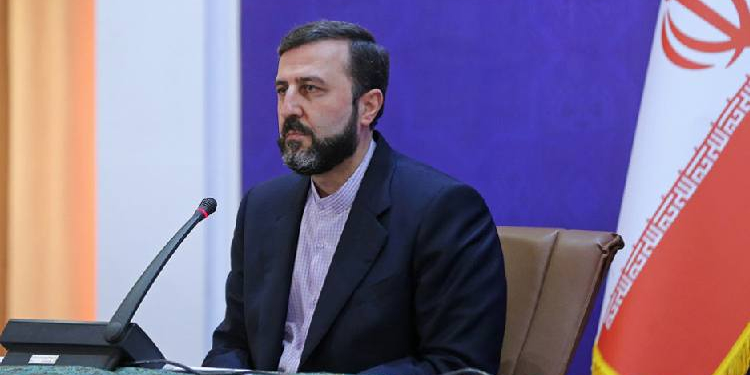

.jpg)
.jpg)
